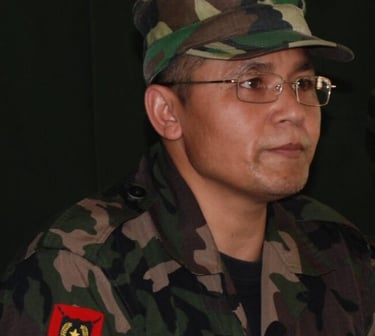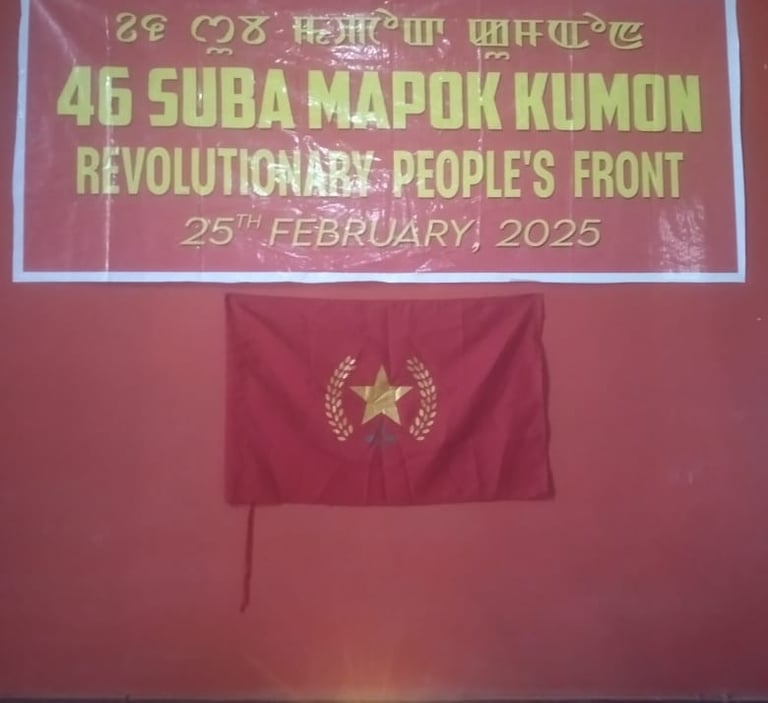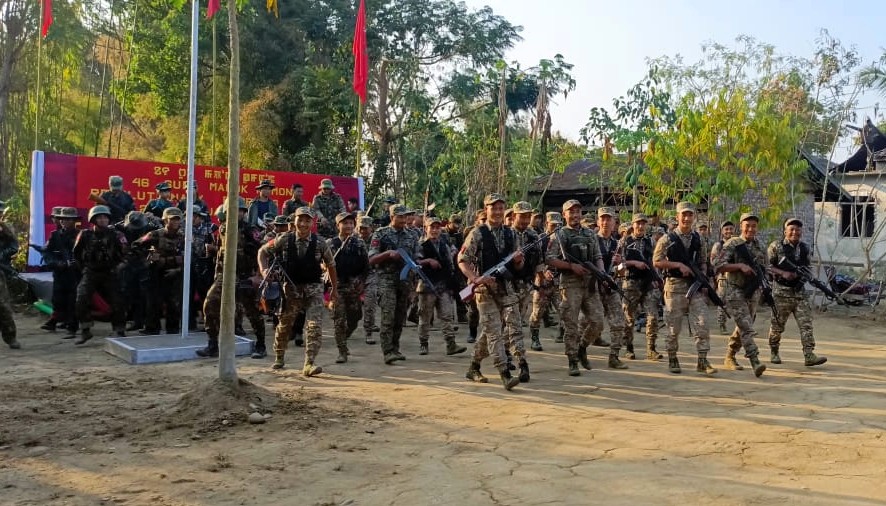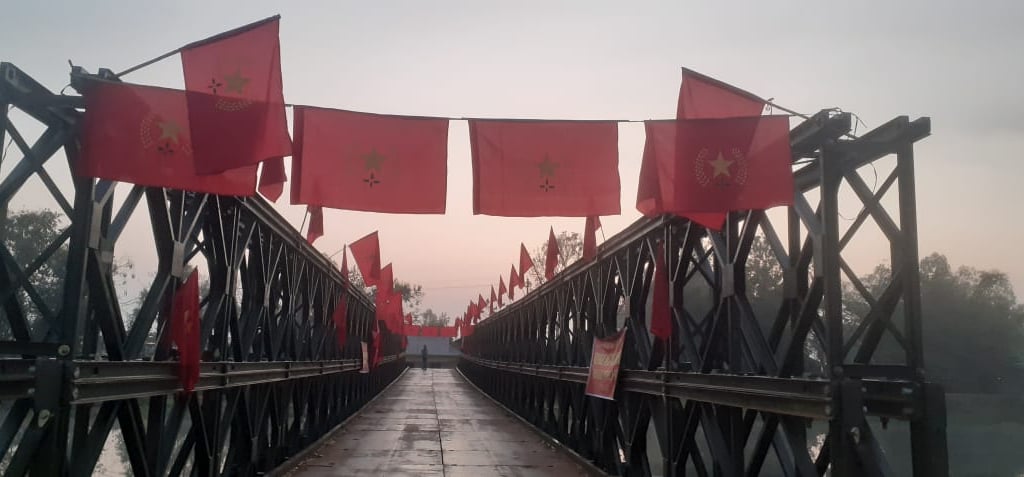RPF, THE BANNED ARMED POLITICAL FRONT, CALLS FOR MANIPUR’S INDEPENDENCE
MANIPURCONFLICT
Imphal: Marking its 46th foundation day, the proscribed Revolutionary People’s Front (RPF) has once again reaffirmed its demand for Manipur’s independence. In a strongly worded email statement, Acting President MM Ngouba declared February 25th as “Independence Demand Day,” reiterating the group’s claim that Manipur remains a “colony under Bharat’s military occupation” since its controversial merger with India in 1949.


Acting President MM Ngouba
Ngouba’s message invoked historical, legal, and ideological arguments to challenge the legitimacy of Manipur’s integration into India. He asserted that the 1949 merger agreement was signed under duress and lacked public consent, rendering it “null and void.” Citing international law, the Manipur State Constitution Act of 1947, and British policies on princely states, he argued that Manipur was a sovereign entity before its annexation. He also urged the state’s titular king and the legislative assembly to publicly denounce the agreement.


The statement further accused the Indian state of economic exploitation, demographic manipulation through migration, and suppression of dissent through draconian laws. Ngouba alleged that New Delhi deliberately fosters ethnic divisions to weaken Manipur’s unity and claimed that the people have endured systemic oppression under what he termed “colonial rule.”


While reaffirming the RPF’s commitment to armed resistance, Ngouba underscored the need for unity among pro-independence groups. He acknowledged that internal contradictions and external pressures have hindered a consolidated front but maintained that independence remains the only ‘just cause’ capable of uniting the people.


The defiant statement comes at a time when Manipur is already grappling with ethnic unrest and political instability. While the state government remains committed to the constitutional framework of India, the RPF’s continued assertions of sovereignty highlight deep-seated tensions in the region.
Political analysts expressed that such declarations, while significant for insurgent narratives, also reflect the persistent challenges of conflict resolution in Manipur. As demands for independence coexist with calls for greater autonomy, the state remains a complex political battleground shaped by history, resistance, and unresolved questions of identity.
